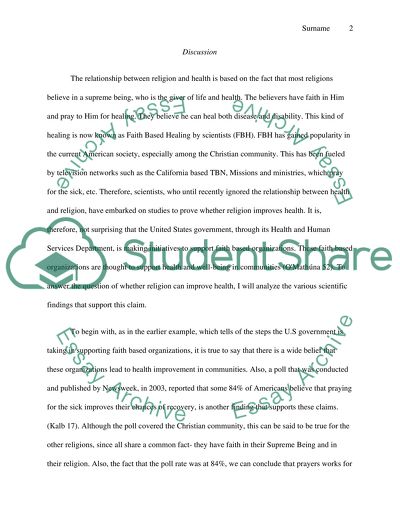Cite this document
(“Religion and Health: Does Religion Improve Health Research Paper”, n.d.)
Retrieved from https://studentshare.org/religion-and-theology/1448532-religion-and-health
Retrieved from https://studentshare.org/religion-and-theology/1448532-religion-and-health
(Religion and Health: Does Religion Improve Health Research Paper)
https://studentshare.org/religion-and-theology/1448532-religion-and-health.
https://studentshare.org/religion-and-theology/1448532-religion-and-health.
“Religion and Health: Does Religion Improve Health Research Paper”, n.d. https://studentshare.org/religion-and-theology/1448532-religion-and-health.


